Challenger 150 Conference
Oliver Blackburn
Bangor University
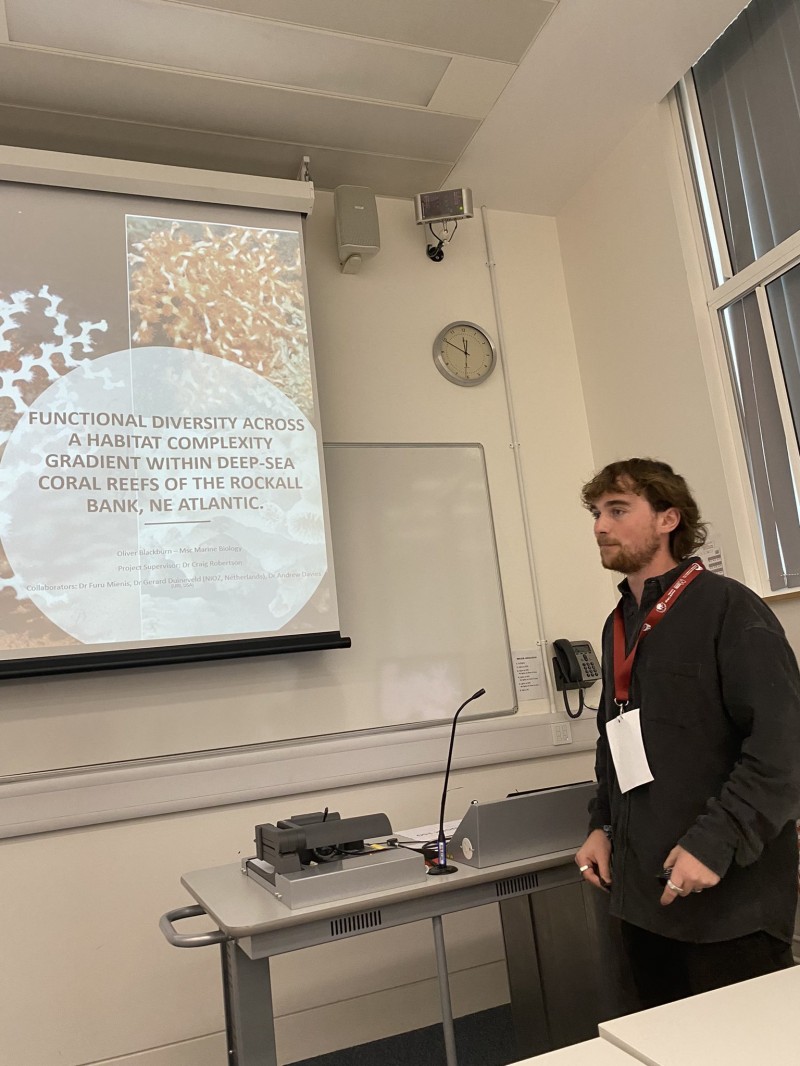
I cannot thank the Challenger society enough for supporting my attendance at this event. It is thanks to their help that I was able to engage with so many amazing scientists, and was given the opportunity to present my work to them. 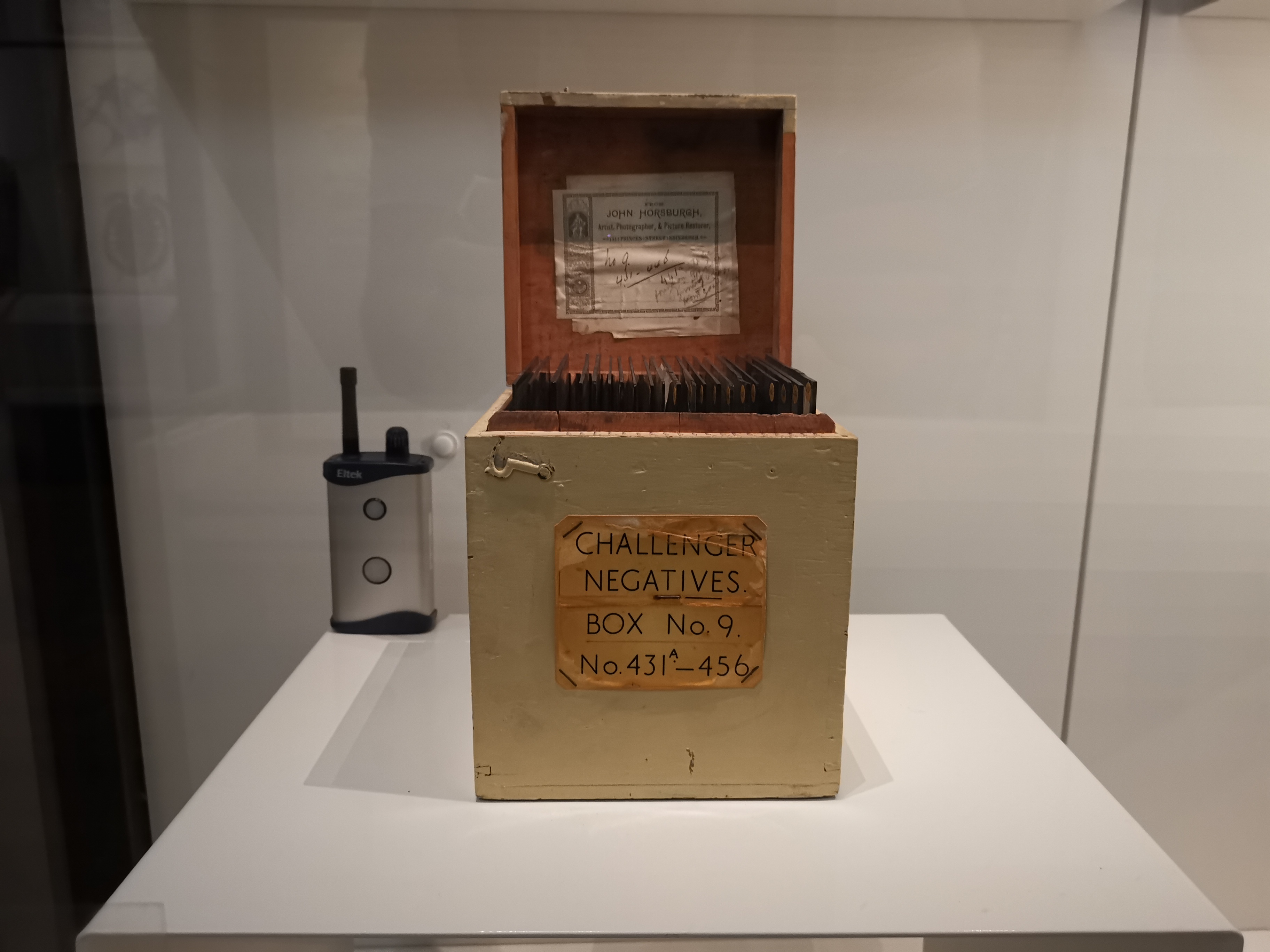
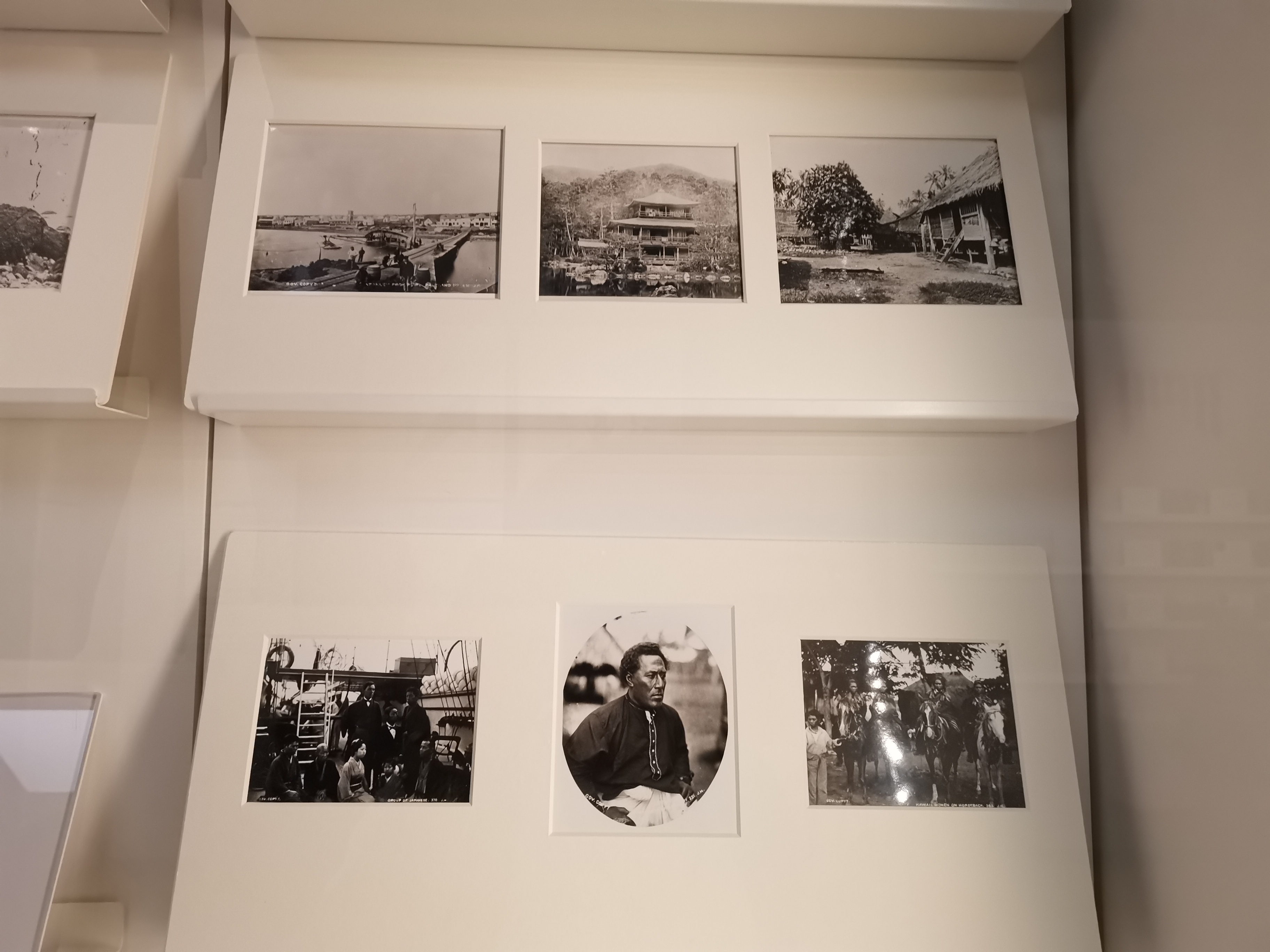
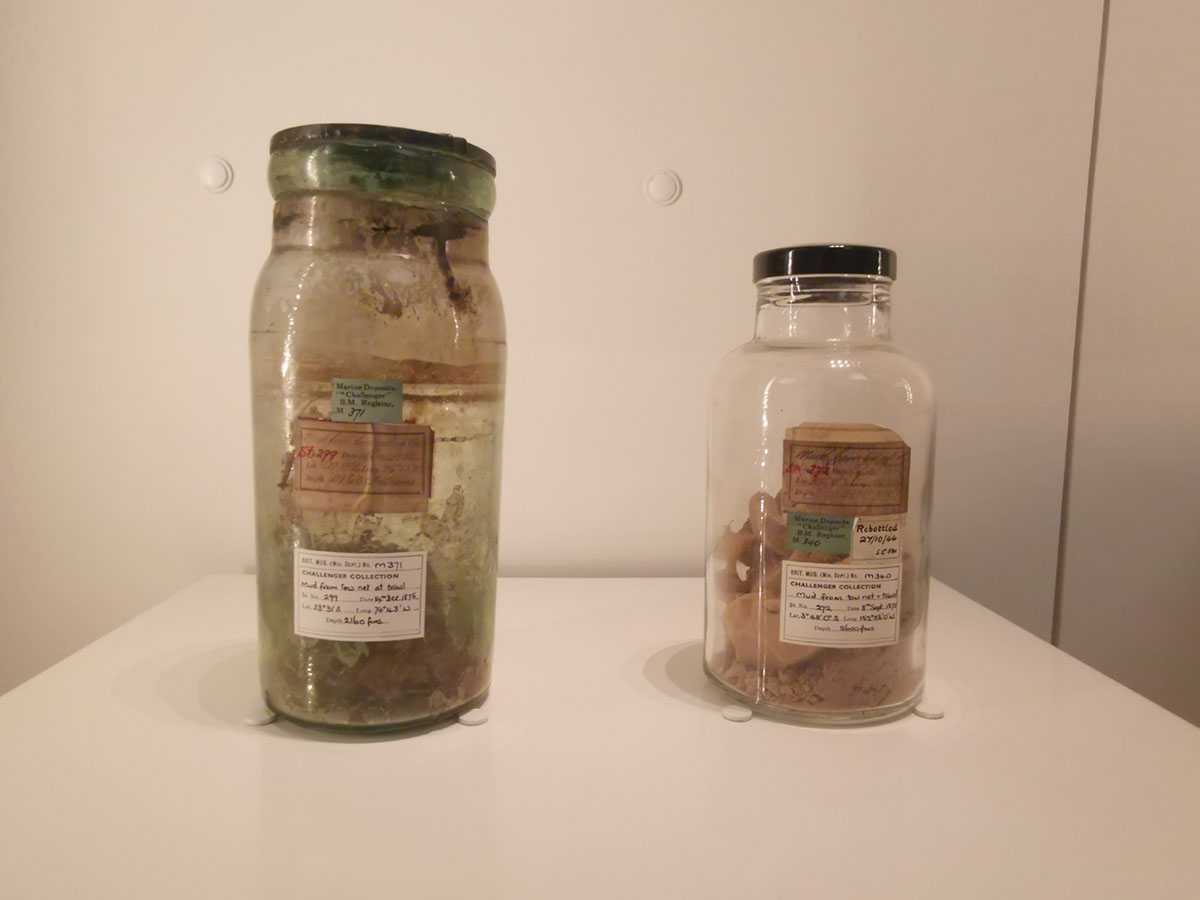
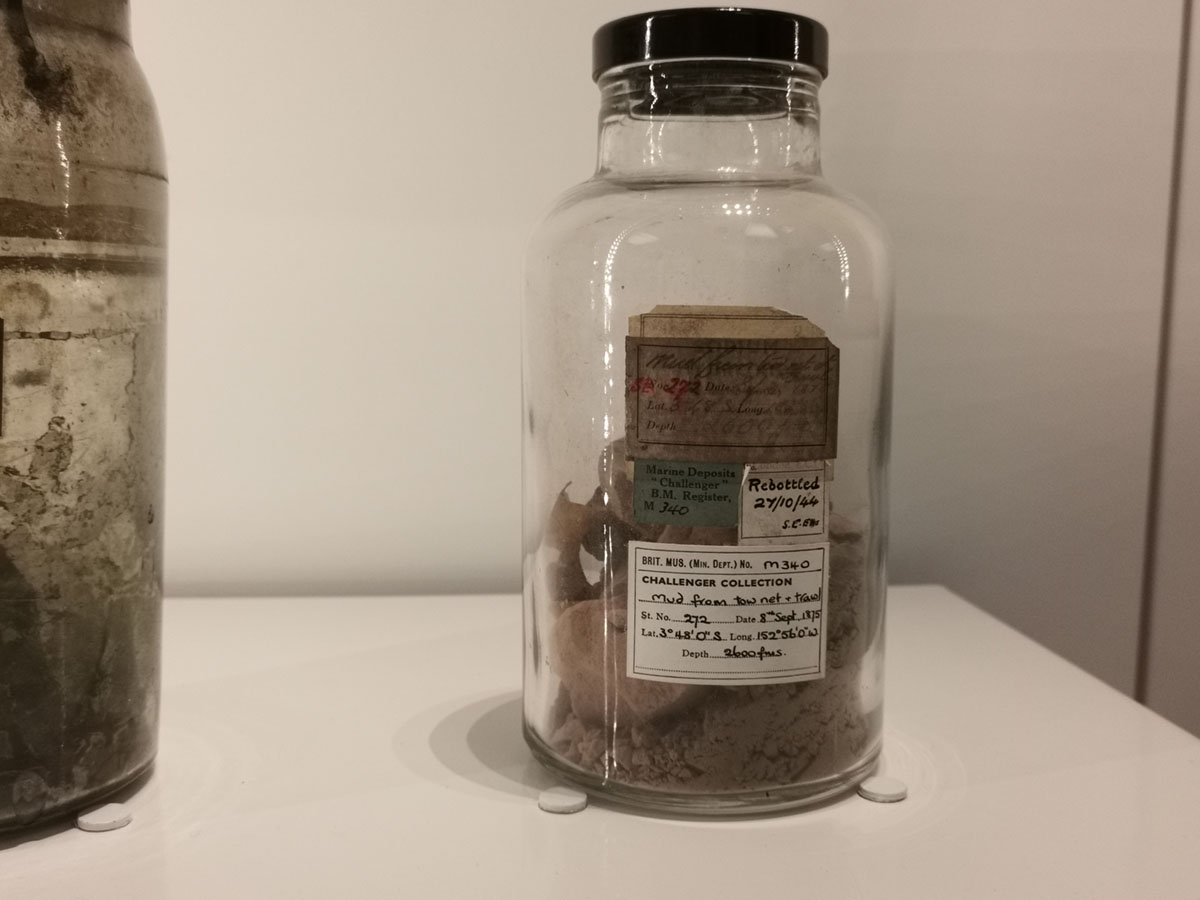
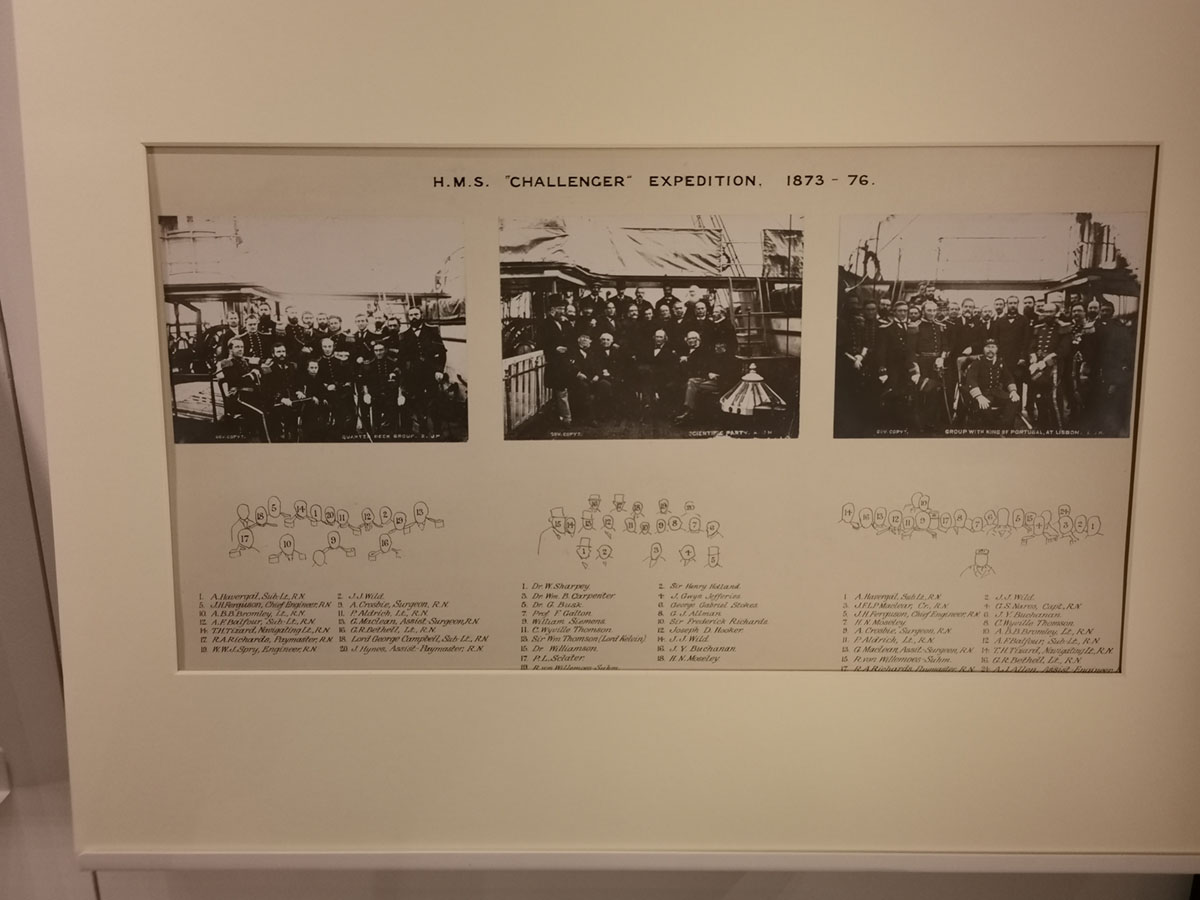
I travelled down to London a day before the official start of Challenger 150 in order to attend one of the many side events on offer. I was able to attend a deep-sea special interest group, where people representing a variety of different organisations and scientific fields were able to discuss current and future research projects, as well as deciding how best to further the field of deep-sea research. It was amazing to watch and have the opportunity to take part in such an interesting discussion. It made the importance of multi-disciplinary discussion with one common goal very clear to me.
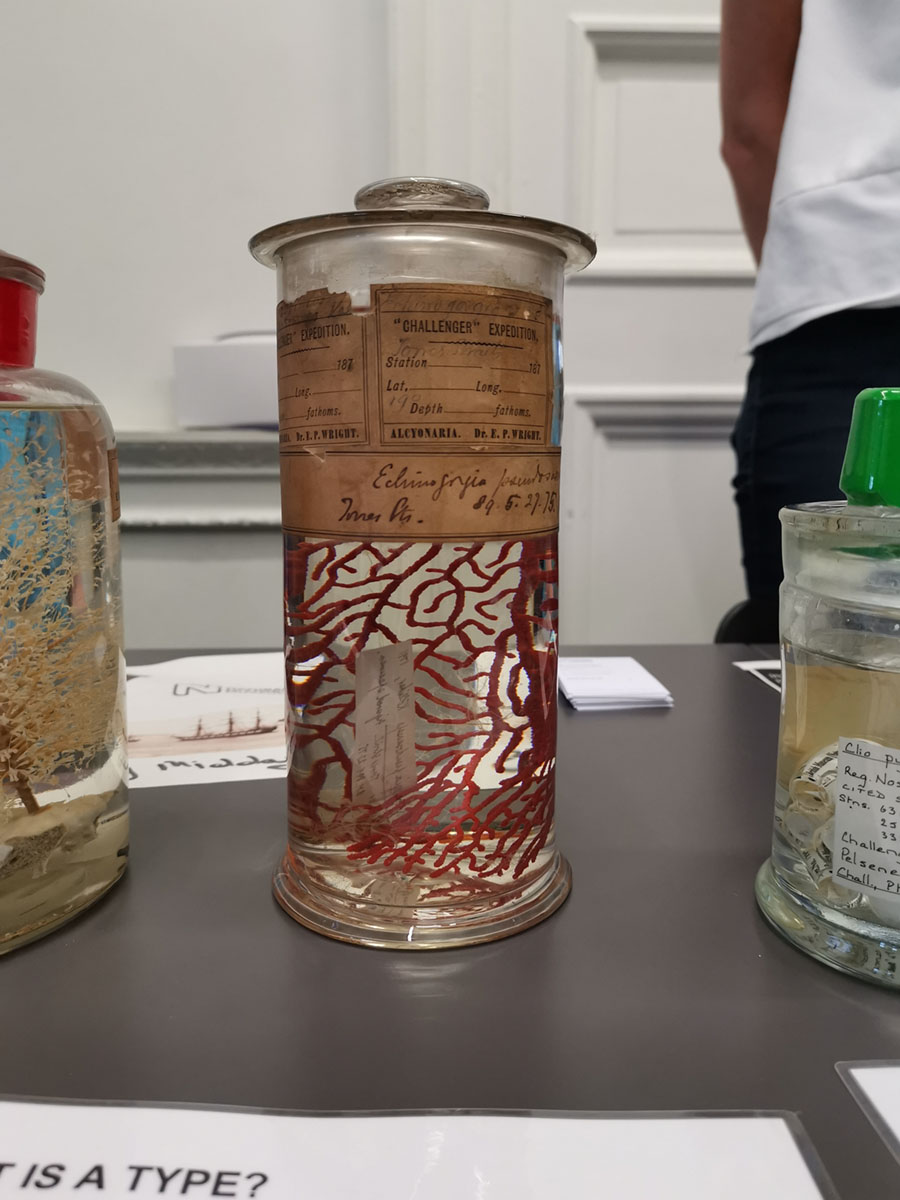
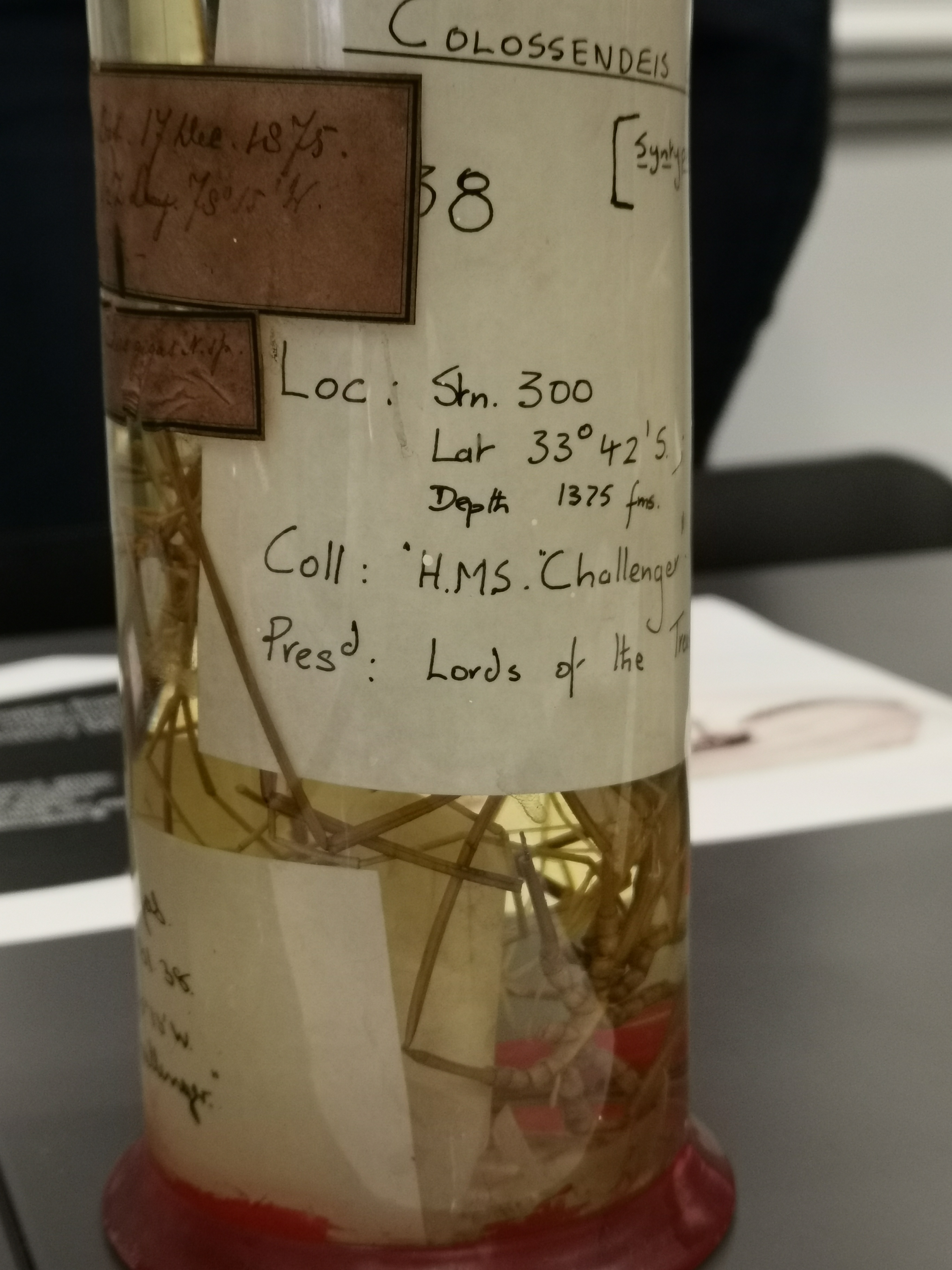
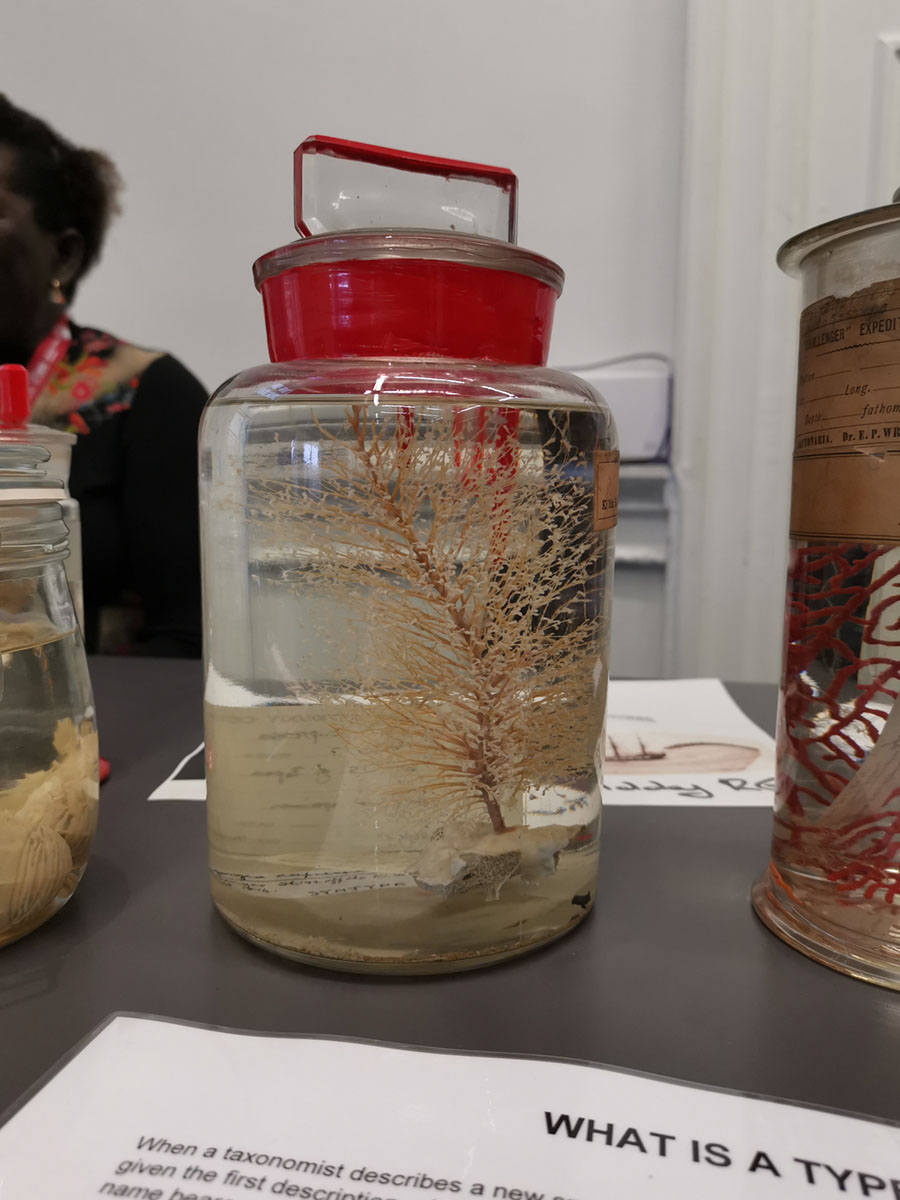
The conference began with some fascinating plenary talks. It was fascinating to learn of the original Challenger voyage 150 years ago and to hear of its immense success. This was followed by an explanation of how the Society has evolved while remaining still very much at the forefront of oceanographic research. There was a clear focus on diversity and inclusion throughout the talks. It was refreshing to see this topic being openly discussed and is clearly a main priority within the society. I think it is vital that these discussions happen throughout every corner of science. Promoting equal opportunities to contribute to science can only lead to more brilliant work being carried out and science progressing as a whole. Among the many photos shown of the original expedition and early society members, there was a notable absence of any women or people of colour. This was acknowledged by the speakers who spoke of some inspiring stories of female scientists, who achieved incredible feats in their field, despite the odds. This further supports the idea that greater inclusion will only lead to greater progress in marine science.
Another theme that ran throughout many of the conference presentations was a push towards a greater level of collaboration. The sharing of data and scientific equipment will result in more extensive, and therefore more meaningful, studies being carried out on our oceans. Easy, accessible collaboration networks will allow for greater ease when comparing studies from across the globe. An excellent analogy I remember being used was that ocean exploration needs to become an ecosystem – meaning that the ultimate aim of academic ocean research is to have an extensive network of interconnecting equipment and data that is working towards the common goal of providing a complete picture of the state of our oceans. Emphasising the importance of collaboration and the development of autonomous technology that can provide a constant stream of data year-round with minimal interference from scientists.
I was fortunate enough to be given the opportunity to present my thesis research during a session about trait-based approaches to research. I talked about the biological and functional diversity present on the cold-water coral reefs of Rockall Bank, NE Atlantic. It was an honour to present my work to more established scientists working in the field that I one day aspire to work in. The talk went very well despite my nerves, and resulted in some fascinating conversations with likeminded scientists. They gave me excellent advice on what to do in the future and encouraged me to stay in touch. It was an all-round positive experience.
I’ll finish with some honourable mentions of presentations that really stuck with me. Dr Anna Gebruk, a marine ecologist, spoke of her experience being the youngest women to go down to the titanic wreck in a submersible. As someone working in the field of taxonomy, I found Dr Nils Piechaud’s presentation on the development of AI technology that can identify marine organisms from video footage particularly intriguing. This truly felt like the forefront of science and technology.
Profile
Oliver Blackburn is a Marine Ecologist who has recently completed a Masters degree at Bangor University in North Wales. He originally completed an undergraduate degree in Molecular and Cellular Biology at the University of Huddersfield. Ultimately, he decided to pursue his love of the ocean by moving to Anglesey and completing a Masters degree in marine biology. His Masters dissertation focused on the biological and functional diversity present on deep-sea coral reefs in the northeast Atlantic Ocean. It was this work that he presented at the Challenger 150 conference. He hopes to carry out further research on functional diversity, as well as encourage others to focus on functional diversity when conducting ecological studies. Functional diversity provides greater detail about how an ecosystem functions and therefore provides more information that can be used to create specific and effective conservation strategies. Oliver’s main passion is the deep-sea, which led to him becoming fascinated with cold-water corals and their conservation. It is these complex habitats that drive much of the biodiversity present in the deep-sea. His work with these cold-water corals, specifically identifying macrofauna, has resulted in him gaining a job in a benthic taxonomy laboratory in Bangor. This allows him to keep working with deep-sea samples and the animals that live there. Oliver hopes that this work will give him the skills and knowledge needed to pursue a PhD in deep-sea ecology.
Latest News
Marine Data Management, Governance and the MEDIN toolset
The Marine Environmental Data and Information Network (MEDIN) and OceanWise are delighted to invite you to attend our popular free online training workshop: ‘Marine Data Management, Governance and the MEDIN toolset’ on the 19th – 23rd of May 2025.
Workshop on the contribution of UK Arctic Ocean science to the International Polar Year 32/33
12:00 11th June – 16:00 12th June 2025: NOC Southampton (In-person with online option): Registration deadline 16th May
REGISTER HERE
Pre-meeting questionnaire (open to all)
The purpose of this workshop is for the UK Ocean Science community to discuss and then draft a prospectus document outlining the priority Arctic research questions the community would like to address during the run up to, throughout and beyond the International Polar Year 32/33. Additionally, to identify what unique strengths and technologies the UK has to help fill these knowledge gaps.
The second day of the workshop will be dedicated to writing groups, one for each of the priority research questions identified - from both the pre-meeting questionnaire (HERE) and day one discussion. By the end of the meeting, each group will have produced draft text and sourced supporting figures for the prospectus.
Post meeting, the draft will be opened for comments and suggestions from everyone, regardless of whether they were able to attend the workshop or not. It will then be shared with UK funders (UKRI, FCDO, DSIT, ARIA) and potential international programmes with whom we would like to collaborate (e.g. Arctic 2050, Norway). It will form a basis from which wider integration with terrestrial, atmospheric and cryosphere communities can be built, e.g. at the UK Arctic Science Meeting in September in Northumbria.
To ensure balanced community and ECR representation, and to ensure that the size of the writing groups is efficient and effective, if the number of registrations from individual institutes becomes overwhelming, we may contact individuals or teams and ask that each institute selects a smaller number of individuals to attend in-person. Please wait for confirmation of in-person attendance before finalising travel arrangements.
The workshop will be open to hybrid attendance and contributions on both days.
Challenger Society Council Position Vacancy
The Challenger Society for Marine Science (CSMS) are pleased to announce an exciting opportunity to support the next generation of ocean scientists and innovators. CSMS are looking for a new Council member to fill the Student Travel Awards and Stepping Stones Portfolio. The successful applicant will administer the travel and research grants available for Early Career Researchers.
The role involves:
- Receiving applications for the two schemes and responding to applicant inquiries
- Soliciting and compiling input from the rest of the Council for assessing the applications
- Communicating with successful and unsuccessful applicants for the two schemes
- Working with the Honorary Treasurer on allocating funds to successful applicants
- Following up with award winners on their reporting requirements
- Attending Council meetings four times a year (in person or online) and contributing to discussions and decision making for CSMS
The usual term for Council members is three years.
For more information about the CSMS Council, please follow this link: https://www.challenger-society.org.uk/The_Council
For more information about our Early Career Researcher grants and awards, please follow this link:
https://www.challenger-society.org.uk/Stepping_Stones
and
https://www.challenger-society.org.uk/Travel_awards
If you are interested in applying or have any questions regarding the role, please contact kathen@bas.ac.uk
